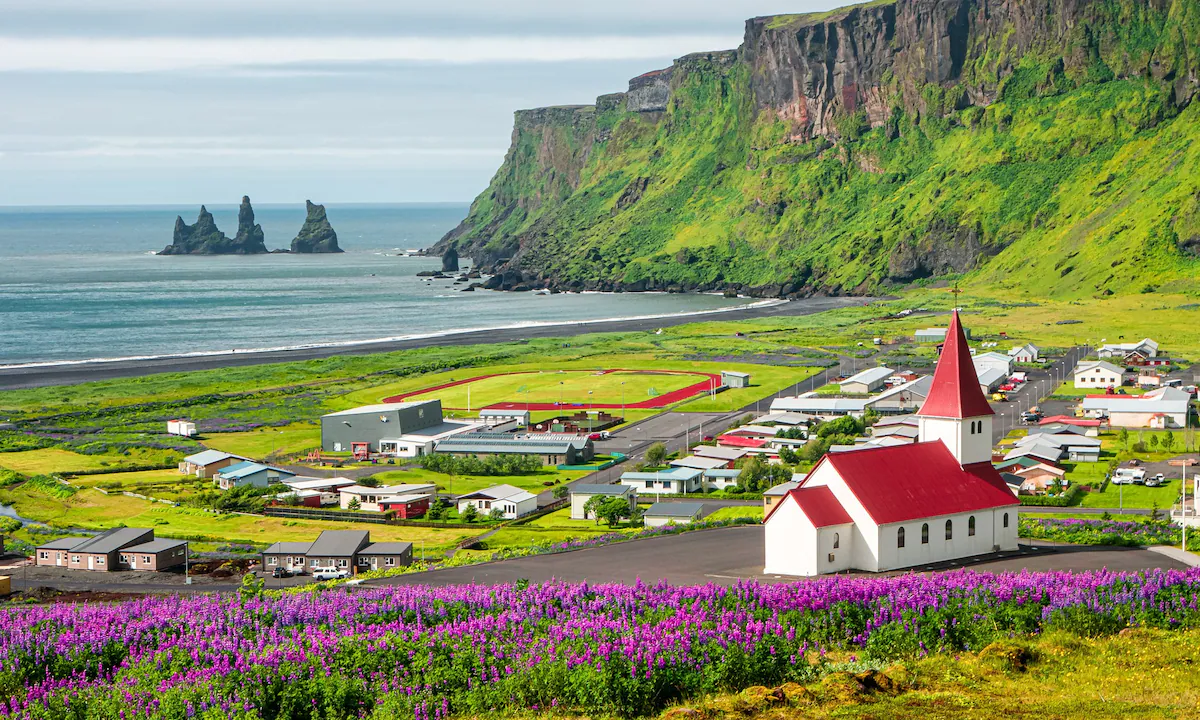In recent years, Iceland has become a leading example of the potential benefits of a shorter workweek. Between 2020 and 2022, an experimental four-day workweek initiative was implemented for over half of the country’s workforce, allowing employees to work fewer hours without a reduction in pay.
This initiative was rooted in the belief that balancing work-life demands could lead to happier, healthier, and ultimately more productive employees. According to a recent report released by the Autonomy Institute in the United Kingdom and Iceland’s Association for Sustainability and Democracy (Alda), the trial was a resounding success.
This shift has not only led to significant improvements in employee well-being but has also positively impacted Iceland’s economic performance, making it an inspiring case study for countries worldwide.
The Success of Iceland’s Four-Day Workweek Experiment
Iceland’s experiment with a shorter workweek initially began with two large-scale trials between 2015 and 2019, involving public sector employees who worked between 35 and 36 hours per week.
The findings of these trials offered promising results, showing that reducing hours did not compromise productivity; in fact, it either remained stable or improved in many cases.
Workers reported considerable increases in well-being across various metrics, such as lower stress levels, reduced burnout, better health, and a greater sense of work-life balance. Inspired by these results, Iceland officially introduced a four-day workweek between 2020 and 2022.
Read : NASA Chooses Iceland as Training Ground for Artemis II Mission
Over 51% of the workforce accepted the offer of shorter working hours without a pay cut, underscoring widespread interest in a balanced work-life approach.
The positive reception among Icelandic workers was significant. According to the report, a staggering 78% of workers reported satisfaction with their new working hours, with over 62% noting increased satisfaction following the shift to shorter work hours. Only a small fraction, about 4%, reported feeling more dissatisfied.
Read : Here are the Reasons That Make Iceland the Safest Country in the World
A remarkable 97% stated that the four-day workweek made it easier to balance work responsibilities with their private lives. This shift brought tangible mental health benefits, with 42% of employees reporting lower stress levels in their private lives. These results highlight the profound impact of a shorter workweek on workers’ overall quality of life.
Economic Growth Amid a Reduced Workweek
Contrary to critics’ concerns that productivity might decrease with shorter work hours, Iceland’s economy not only remained stable but also outperformed most European countries. In 2023, Iceland’s economy grew at an estimated rate of 4.1%, a figure that stands as a testament to the success of the four-day workweek.
This economic growth, coupled with Iceland’s impressively low unemployment rate of 3.6%, shows that reduced working hours can coexist with, and even bolster, economic resilience. According to Alda researcher Gudmundur D. Haraldsson, Iceland’s shorter working hours have contributed to a strong economy, proving critics of the reduced hours initiative wrong.
The study’s findings dispel the notion that fewer working hours necessarily lead to lower productivity or economic decline. On the contrary, Iceland has demonstrated that a reduced workweek can foster an environment where employees feel more engaged and motivated, ultimately enhancing productivity.
In fact, productivity either remained constant or improved in most workplaces during the trials. This reflects a fundamental shift in workplace dynamics, where employees are empowered to perform efficiently without being overworked.

This economic success may also be attributed to Iceland’s broader focus on sustainable practices and well-being. As more businesses in Iceland embrace a sustainable approach, they contribute to a strong and resilient economy by prioritizing both environmental and social factors alongside financial growth.
These values have helped Iceland build a more resilient economy that benefits both its workforce and the country as a whole. The four-day workweek experiment exemplifies Iceland’s commitment to fostering a thriving, people-centric economy.
Employee Satisfaction and Work-Life Balance: A Transformational Shift
The transition to a four-day workweek in Iceland has significantly improved employee well-being, as shown by the overwhelming majority of workers who reported satisfaction with their work-life balance. The change has enabled employees to enjoy more time with their families, pursue personal interests, and invest in self-care.
A shorter workweek has not only allowed workers to achieve greater personal satisfaction but has also strengthened their loyalty to their employers, as evidenced by the minimal increase in dissatisfaction among employees.
The study highlights the success of Iceland’s shorter workweek in decreasing employee stress levels. A substantial 42% of employees reported a reduction in stress, while only 6% felt an increase.

These improvements are particularly noteworthy given the stress-inducing nature of many modern workplaces, where burnout and mental health issues are common. This outcome demonstrates that a shorter workweek can be instrumental in alleviating work-induced stress, fostering a healthier, happier workforce.
Moreover, the flexibility provided by the four-day workweek aligns well with the growing global emphasis on mental health and well-being. Iceland’s success in this regard could inspire other countries to adopt similar policies, as it shows that a more balanced work-life structure is possible.
The model could serve as a blueprint for countries seeking to improve their citizens’ well-being and productivity by adopting progressive work practices. By placing a strong focus on the needs of its workforce, Iceland has successfully fostered a work culture where employees feel more supported and valued, ultimately contributing to the country’s economic growth.

